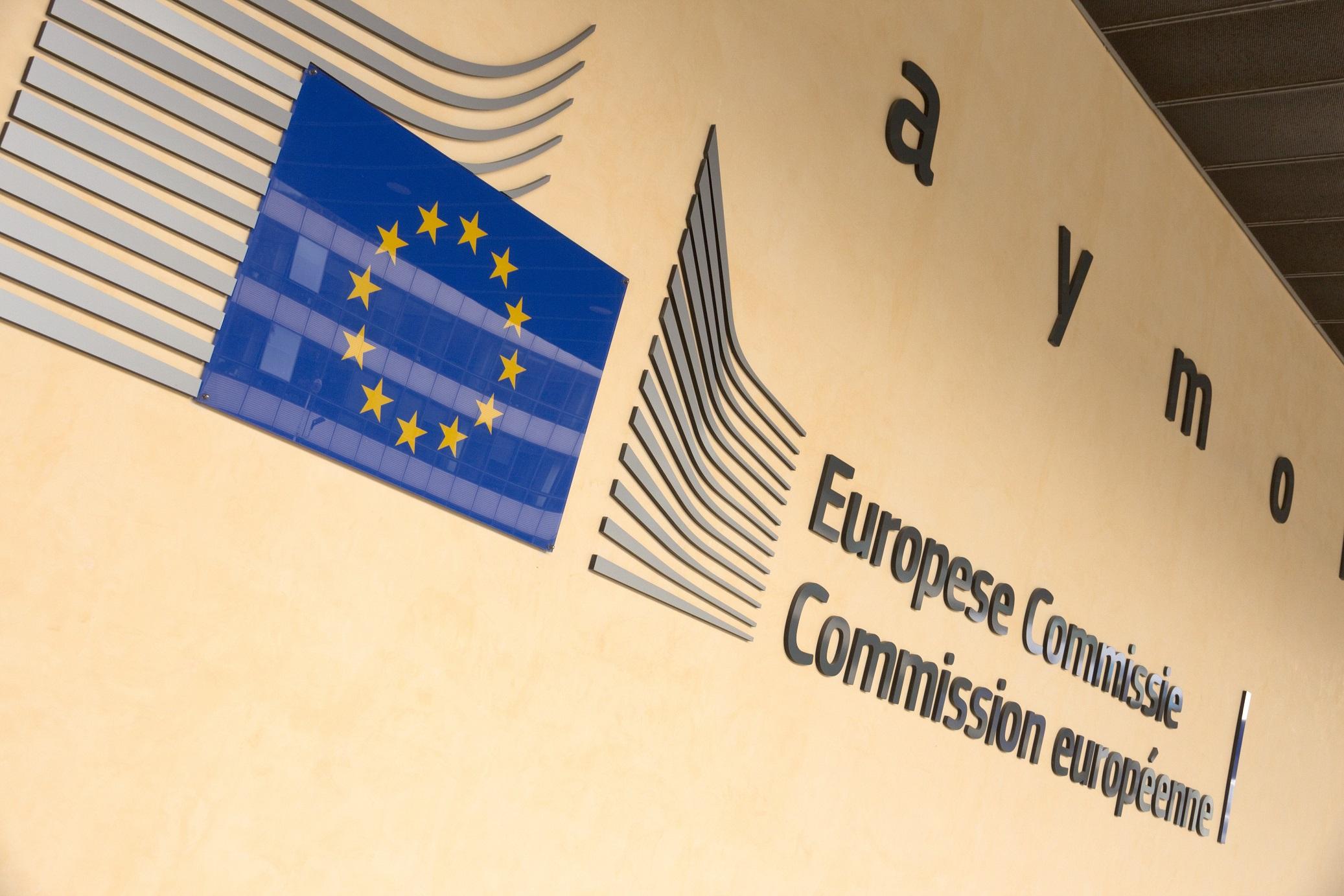Education trade unions’ views on the Spring Package 2023
Published:
ETUCE is urging European and national policymakers to adopt policies that fully guarantee the right to education as a public good, by developing high-quality, inclusive, equitable, and sustainable education systems in Europe. In its analysis of the European Commission's Communication on the European Semester Spring Package 2023, ETUCE raises concerns. The involvement of social partners at European and national levels is insufficient, despite the Commission acknowledge their role for the successful implementation of the European Semester recommendations and the Recovery and Resilience Facility (RRF) priorities.
ETUCE criticizes the request for Member States to maintain or reduce their deficit below the 3% of GDP reference value, as it limits their capacity for strategic investments. However, the withdrawal of the debt reduction benchmark could positively impact public expenditure, improving sustainability in public education finances. Fiscal adjustments are essential to increase public expenditure, positively affecting the debt-to-GDP ratio and promoting sustainable public finances, and to contrast the erosion of purchasing power among education personnel due to persistent core price pressures and declining real wages, impacting in particular teachers, academics and educational personnel.
ETUCE identifies administrative capacity limitations and investment bottlenecks as challenges for Member States in effectively allocating funds from the RRF, leading to negative impacts on public investments in the education sector, especially in countries with greater needs. The European Commission's assessment of education systems solely based on labour market activation overlooks crucial issues within the sector, such as teacher shortages, decreasing attractiveness of the teaching profession, and the need for reskilling and upskilling of education professionals. These shortages affect a majority of Member States due to various reasons, including inadequate initial teacher training and an ageing teacher population.
ETUCE emphasizes the increasing disparities in access to education, research, and training, particularly between urban and rural regions. They point out the widening employment gaps among population groups, negatively affecting young people, women, persons with disabilities, migrants, and marginalized communities. To address these challenges, the European Commission stresses the importance of enhancing access to early childhood education, curriculum reforms, and providing opportunities for upskilling and reskilling relevant to the green and digital transition. However, ETUCE deems that increased public investment is needed to support wages, initial teacher training, structural investments, and new own resources of the European Union.
ETUCE continue calling for free initial teacher training and continuous professional development programs during working hours to ensure the professional growth of educators. It is thus crucial that policymakers prioritise education as a fundamental human right and invest in creating equitable and sustainable education systems in Europe.